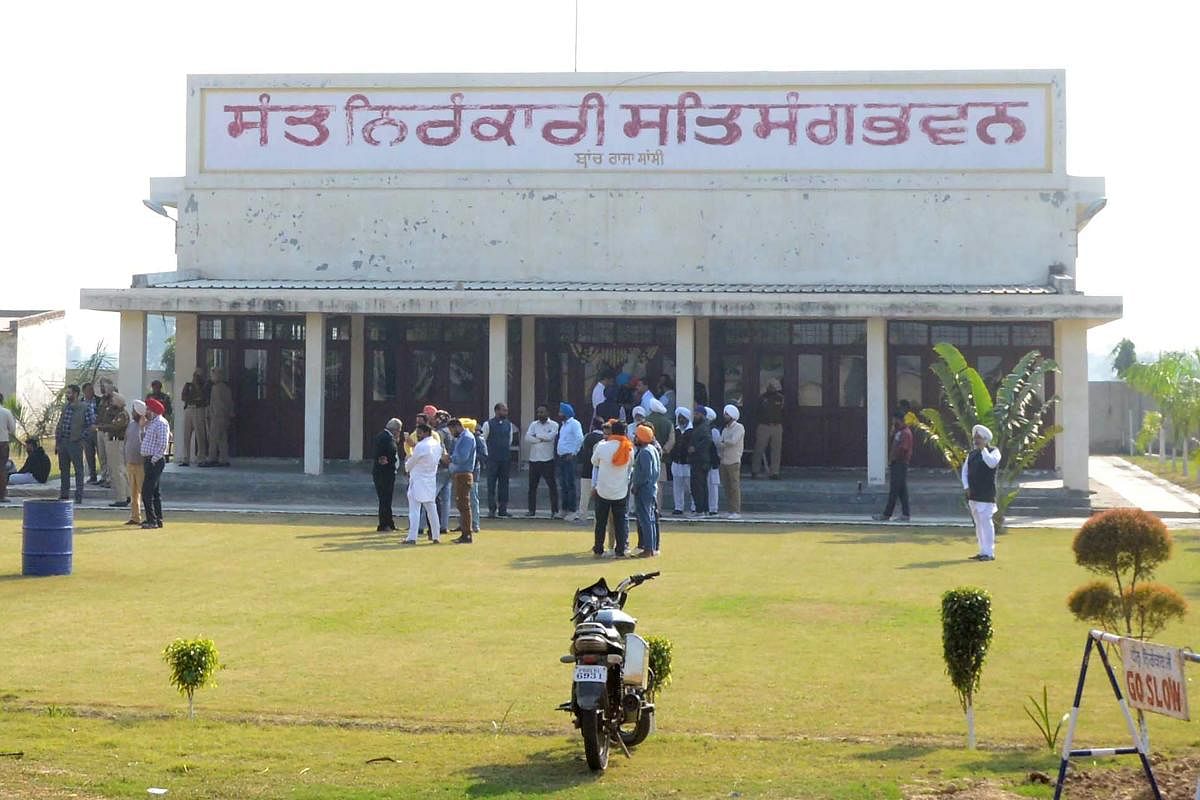
The grenade attack on a religious congregation at the Nirankari Bhavan in Amritsar last week, in which three people were killed, has been described as an act of terror by the state authorities. One person has been arrested and Chief Minister Amarinder Singh has said that the grenade was made in Pakistan. While the claims have yet to be confirmed through investigations, the incident has the markings of a terrorist act. Nirankaris are a sect that has not had the best relations with mainstream Sikhism. There was a violent clash between some Sikhs and Nirankaris in 1978 in which 16 people were killed. The killing of the Nirankari guru in 1980 is considered as the beginning of Khalistani terrorism, which convulsed Punjab till the mid-1990s. That is why the attack in Amritsar has caused concern. The National Investigation Agency is investigating the incident. The union home ministry has held a meeting to review the security situation in the wake of the incident.
There have been persistent reports about an attempt to revive the Khalistan movement and about the help and encouragement given by Pakistan’s ISI to the plan. Apart from subdued and sometimes explicit calls for support for Khalistan, active social media and online campaigns have been observed in recent months. Most of these campaigns have originated in North America and Europe, where supporters and some former Khalistan activists are still active. A few days after the grenade attack in Amritsar pro-Khalistan banners, Khalistan flags and images of Jarnail Singh Bhindranwale were on display at the Nankana Sahib gurdwara in Pakistan, where Indian Sikh pilgrims had congregated on the occasion of the 550th birth anniversary of Guru Nanak, and at other Sikh shrines there. Khalistan activists from other countries were seen campaigning among Indian pilgrims and India has protested to Pakistan over this.
Reviving the Khalistan movement in Punjab will not be easy now. The people of the state still have grim and terrible memories of the dark days of terrorism. But there is a need to step up vigil. Neighbouring Kashmir is troubled by militancy. The decline of the economy has generated discontent in Punjab. The Hindutva politics in the country may be producing a hardline Sikh response. There have been some attempts to disturb the peace in the state, like incidents of desecration of the holy book and attacks on people, in the last three years. The attack on the Nirankari congregation is the most serious among them. Amarinder Singh has said that the hard-won peace in the state will not be allowed to dissipate. Both the central and state governments should work together to ensure that.